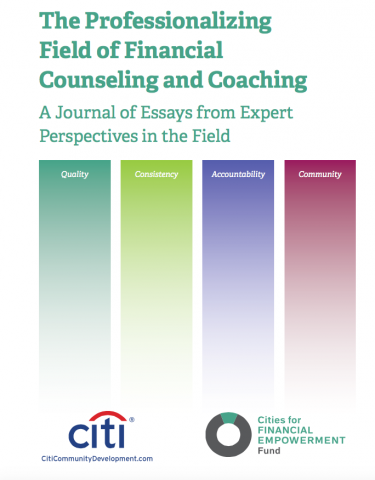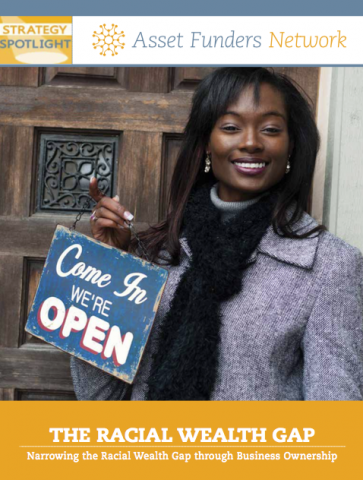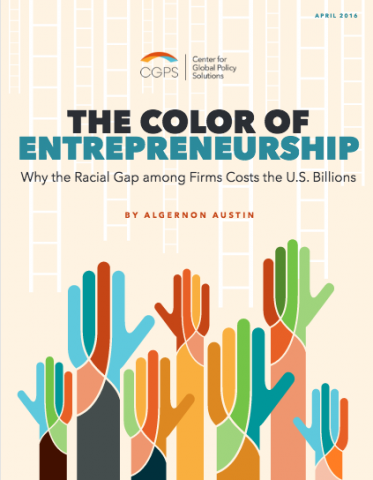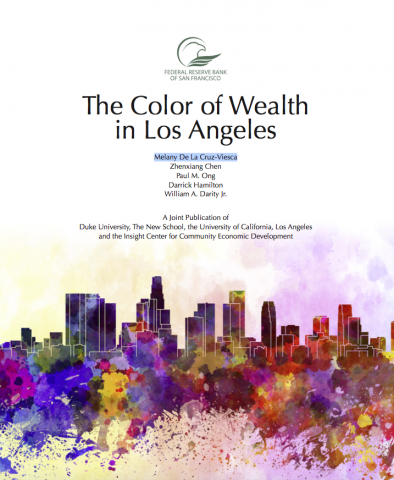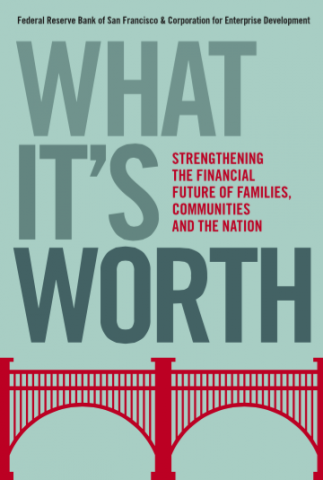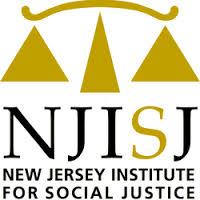With nearly ten million households in the U.S. lacking a bank account, many families face challenges building wealth. However, with financial counseling and coaching, families can work towards financial security. This new collection of essays from Cities for Financial Empowerment (CFE Fund) and Citi Community Development highlights this potential and brings together the perspectives of leading experts in the field. The essays share strategies for building cultural competency, accessing public funding opportunities, and scaling and professionalizing efforts.
